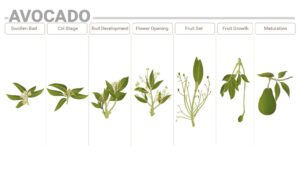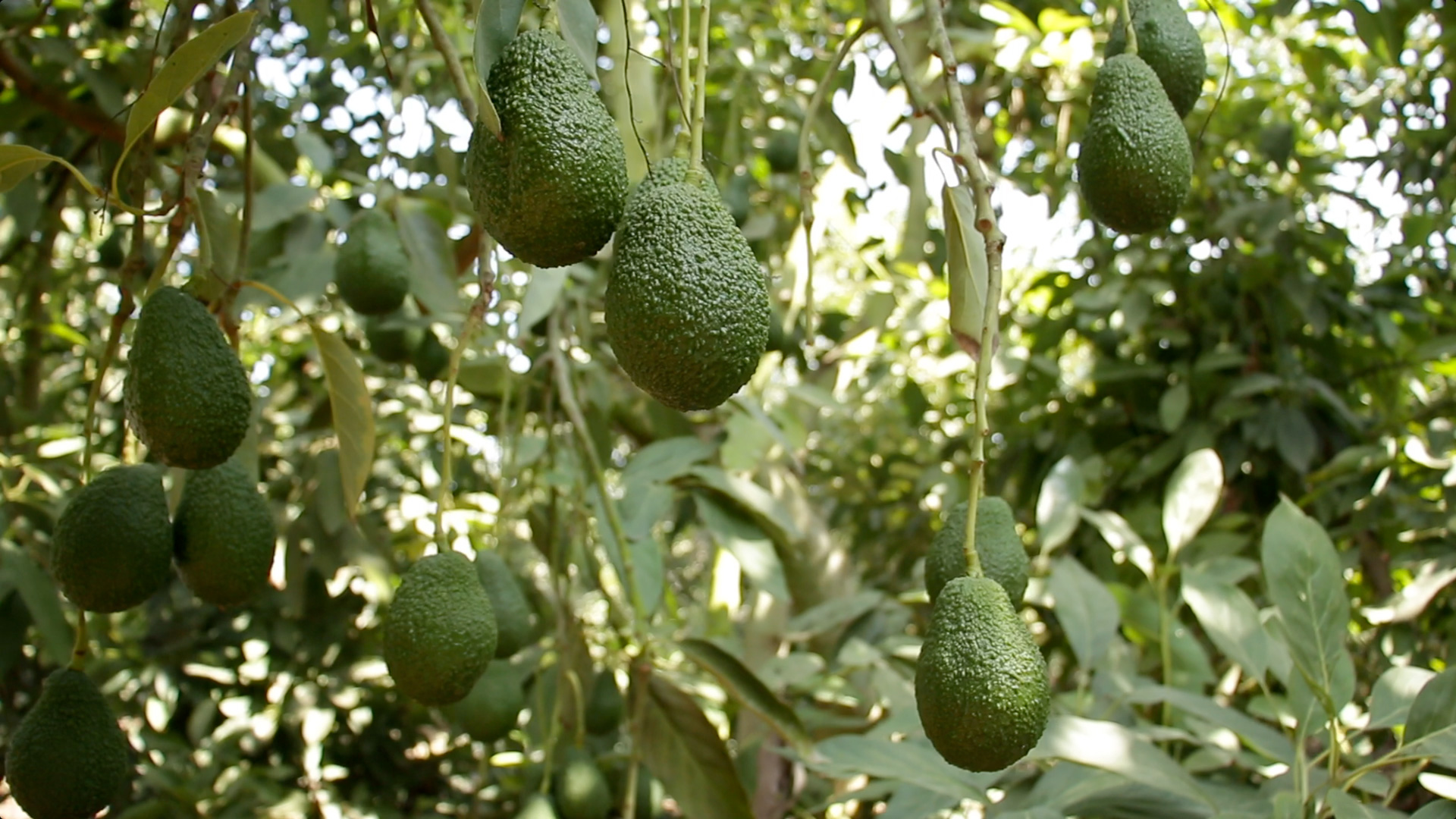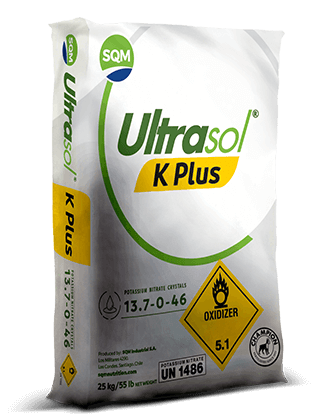Foliar applied potassium nitrate effectively increased the K content of ‘Hass’ avocado leaves
The effect of foliar applied potassium nitrate on four-year-old bearing ‘Hass’ avocado (Persea Americana Mill.) trees was studied. KNO3 (potassium nitrate) was sprayed on the leaves at a rate of 3,6 kg per 100 liters of water. A single spray was applied at half leaf expansion, full leaf expansion or one month after full expansion.
A combination of two and three of these spray treatment times was also done. The leaves were wetted to a point where the spray solution started dripping from the leaves. Approximately 11,35 liters of spray solution per tree was applied.
Foliar applications of KNO3 (potassium nitrate) were effective in increasing the K (potassium) level in the leaves of ‘Hass’ avocado trees. Two or three sprays were most effective in increasing the K content. Results indicated that spraying one month after full leaf expansion was the most effective moment to increase the K (potassium) content of avocado trees. Several interactions appeared to exist among the macro- and micronutrient content of the leaves as induced by the K applications. All treatments significantly increased the leaf Zn level compared to the control. The three spray treatments increased the Mn level above the control.





